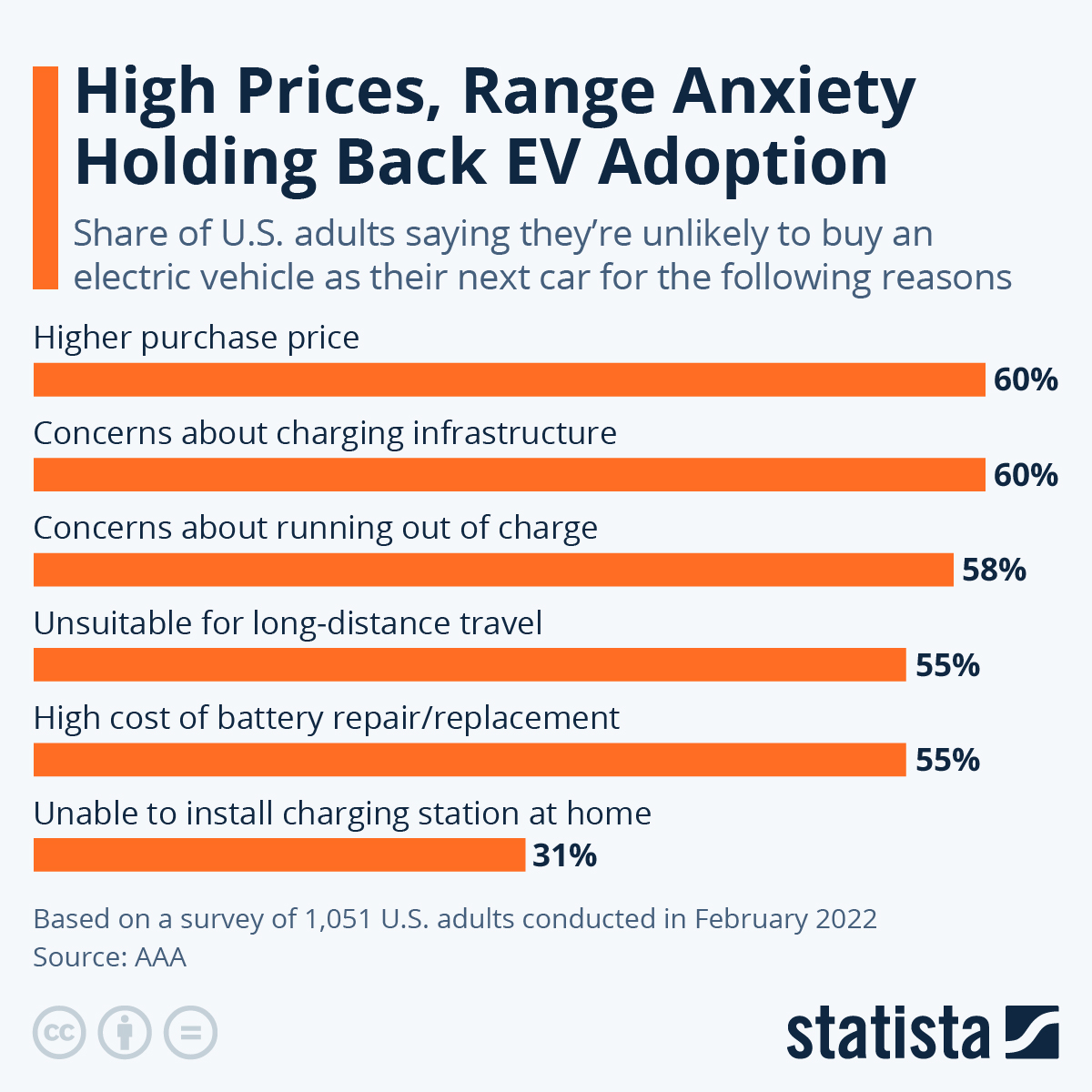The supposedly universal benefits of positivity may not generalize across races, research indicates.
Studies have consistently shown that positive psychological factors are linked to better physical health, including increased resistance to infectious illnesses such as the flu and the common cold. The new study examines the role that race plays in this connection, comparing the results of African American and European American participants in a series of landmark experimental studies from the Common Cold Project, which took place between 1993 and 2011.
The work, published in the journal Psychological Science, finds that while positive factors such as happiness are associated with reduced illness after experimental virus exposure for European Americans, positive self-assessments (e.g., reporting higher positive emotions, self-esteem, and perceived healthiness) in African Americans were unhelpful and, in some cases, were associated with a heightened risk of developing upper respiratory infections.
“One key point that we’re trying to highlight in this study is that there may be nuance in terms of what positive psychological factors protect people, depending on their race and their culture, and we need to be taking that seriously,” says corresponding author Sarah Pressman, professor of psychological science and associate dean of undergraduate education at the University of California, Irvine.
“Many positive psychology interventions are being applied broadly to try to improve health, and what this study points to is the possibility that these interventions may not be effective for certain cultural groups.”
The research team analyzed participant data from four studies led by Sheldon Cohen, professor emeritus of psychology at Carnegie Mellon University and one of the coauthors of this study: the Pittsburgh Mind-Body Center Study and Pittsburgh Cold Studies 1, 2, and 3. The analyses focused on healthy adults between the ages of 18 and 55 (271 African Americans and 700 European Americans) recruited from the greater Pittsburgh region.
All subjects demonstrated good health and completed pre-viral challenge questionnaires and phone interviews to assess psychological measures (positive or negative emotional style, self-acceptance, self-esteem, self-reported health, and perceived stress) for several weeks leading up to their exposure to an upper respiratory virus via nasal drops. Participants spent six days quarantined in a local hotel, where researchers monitored them for general symptoms and objective physiological markers of illness, such as nasal mucus production and clearance.
Lead author Cameron Wiley, a doctoral student in psychological science at UC Irvine, summarizes the findings: “Higher levels of positive affect—an average of emotions like vigor, well-being, and calm—led to lower numbers of colds for European Americans, but in African Americans that effect was not nearly as strong. When we looked at other factors, we saw that higher levels of self-esteem were also related to lower incidence of colds in European Americans, but African Americans with a higher level of self-esteem actually showed a higher chance of getting a cold, which was a shocking finding, to say the least.”
Pressman adds: “We’re always trying to raise people’s self-esteem and make them feel good about themselves. But in this study, high self-esteem was actually associated with an increased likelihood of getting sick if you were African American. So this really points to the need to be conscientious when developing interventions to improve health, because what we assume is ‘good for you’ may not be good for everybody.”
The COVID-19 pandemic prompted the UCI research team’s decision to revisit the data. “The pandemic has disrupted emotional well-being networks for everyone, but we still see that Black and brown populations have higher rates of COVID morbidity and mortality. To try to unpack this disparity, we explored data from a rare set of studies that involved quarantining individuals who were experimentally exposed to upper respiratory illnesses similar to the COVID-19 virus,” Wiley says.
“We still really don’t completely understand why some people are getting so sick from COVID-19 and some people aren’t—and psychological factors and perhaps some cultural factors may be part of the explanation. We hope this work will encourage researchers to further explore this direction,” Pressman says.
The findings also led the team to consider whether positive emotion is experienced the same way by African Americans and European Americans and means the same thing.
“There’s a lot of research on negative emotion and negative affect that shows there are racial differences in the expression and experience of negative emotion, so that could be going on here with positive emotion as well,” says Kennedy Blevins, a doctoral candidate on the research team.
Blevins and Wiley both plan to continue studying how physical health relates to the psychological experiences of different races and probing what factors can boost resilience in at-risk populations.
Source: UC Irvine
Original Study DOI: 10.1177/09567976221083322
Republished from Futurity










